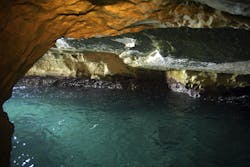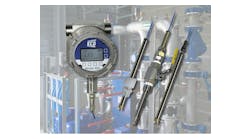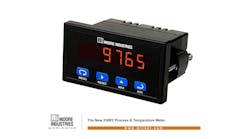A new study published in Environmental Science & Technology suggests that saline groundwater from coastal aquifers is a better alternative water source than seawater for reverse osmosis (RO) desalination because of reduced membrane fouling and pretreatment costs.
Researchers at the Ben-Gurion University of the Negev (BGU) Zuckerberg Institute for Water Research, the BGU Department of Geological and Environmental Sciences and the Israel Geological Survey found a number of benefits of using saline groundwater, including consistent annual water temperatures and lower levels of dissolved oxygen, silt density and phytoplankton.
What’s more, the RO desalination process for seawater requires significant energy and large plant area by valuable shorefront property, both of which increase the cost of the processed water.
“Decision makers in both California and Israel can use this research to seriously consider saline groundwater as a realistic alternative when planning future large-scale seawater desalination facilities,” commented Dr. Roni Kasher, a senior lecturer in the BGU Zuckerberg Institute’s Department of Desalination and Water Treatment. “In Israel, seawater desalination accounts for 60 percent of the total freshwater supply, so these findings are significant.”
BGU researcher Shaked Stein added: “Saline groundwater results from seawater intrusion into coastal aquifers, shifting the fresh-saline water interface upward and landward, and replaces fresh groundwater with saline groundwater. The RO process in coastal aquifers will be helpful in restraining seawater intrusion.”
Stein went on to explain that aquifer filtration increases the quality of the feed water and reduces the need for extensive pre-treatment processes.
“RO desalination with saline groundwater as feed water is also more efficient, with higher freshwater recoveries, less chemical use and maintenance, and therefore less overall operational costs,” he said.
In particular, Stein recommends using saline groundwater rather than seawater in the summertime because seasonal seawater fluctuations cause increased membrane fouling in summer.


